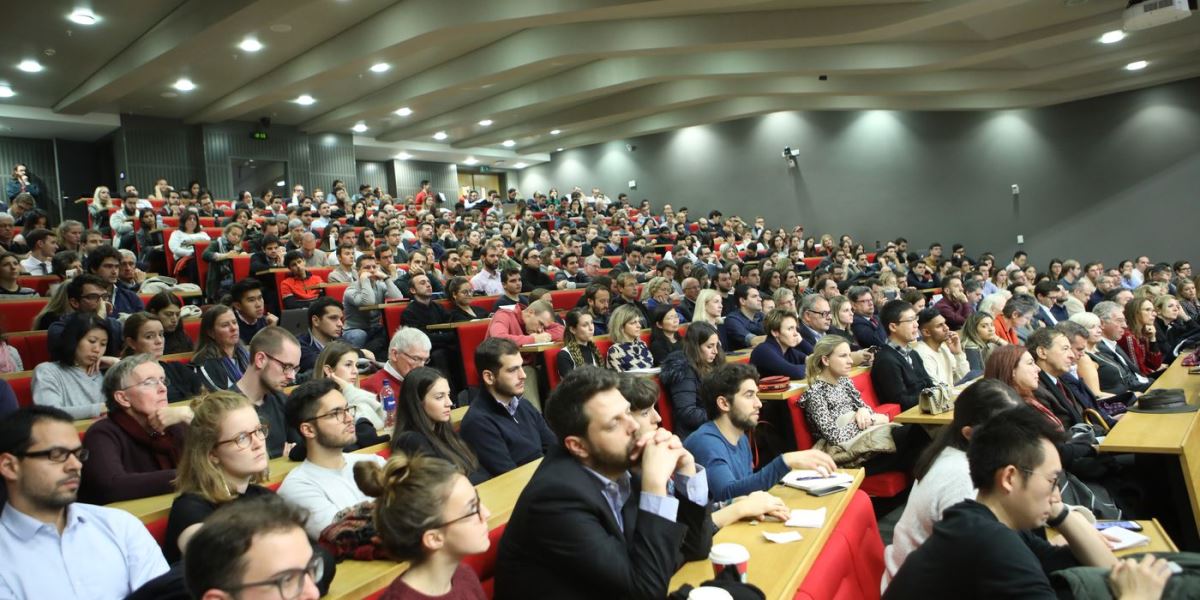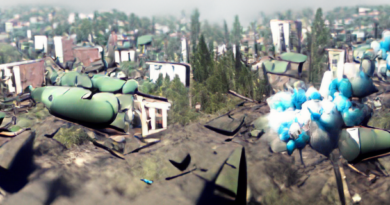The Other Pandemic: how QAnon contaminated the world

Pulitzer Prize-winning investigative journalist James Ball talks about his new book, The Other Pandemic: How QAnon Contaminated the World, which takes us into the depths of the internet to trace the origins and rapid ascent of QAnon – the world’s first digital pandemic – and how we can build immunity.
Imagine a deadly pathogen that, once created, could infect any person in any part of the globe within seconds. No need to wait for travellers, trains, or air traffic to spread it, all you need is an internet connection. In his new book, James Ball decodes the cryptic language of the online right and with a surgeon’s precision tracks the spread of QAnon, the world’s first digital pandemic. QAnon began in 2017 as an internet community dedicated to supporting President Trump and intent on outing a global cabal of human traffickers. What started as a macabre game of virtual makebelieve quickly spiralled into the spread of virulently hateful, dangerous messaging – which turned into tragic, violent actions. From a standoff at the Hoover Dam, to the storming of the U.S. Capitol on 6 January 2021, to protesting COVID-19 lockdowns, this digital pandemic has spread globally and shows no signs of stopping.
Meet our speaker and chair
James Ball (@jamesrbuk) is a Fellow at the Centre for the Analysis of Social Media, Demos, and the author of multiple books, including Post-Truth and The System. He has worked for the Bureau of Investigative Journalism, BuzzFeed, the Guardian and the Washington Post and his reporting projects have won the Pulitzer Prize for public service, the Scripps Howard Prize and the British Journalism Award for investigative reporting, among others.
Charlie Beckett (@CharlieBeckett) is the founding director of Polis, the think-tank for research and debate around international journalism and society in the Department of Media and Communications at LSE.
Twitter Hashtag for this event: #LSEDigitalPandemic
This article has been archived for your research. The original version from The London School of Economics and Political Science can be found here.

